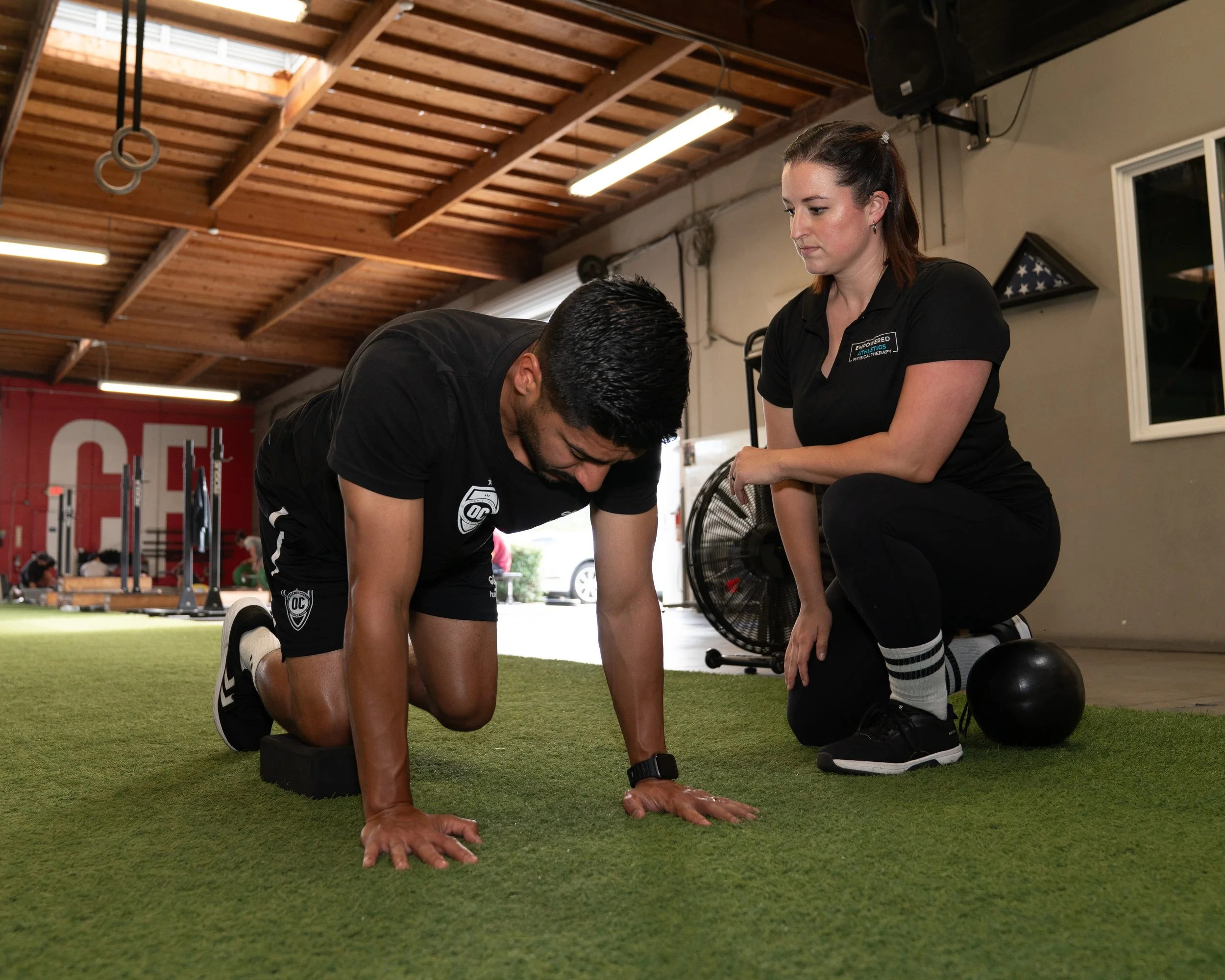
When to Get Help: A Smarter Approach to Pain and Performance
When should you stop “waiting it out” and actually get help for pain? Learn common “I’ll wait” mistakes, real athlete examples, and what really happens in a Rehab or Perform session, plus how to know it’s time to book or start a conversation.
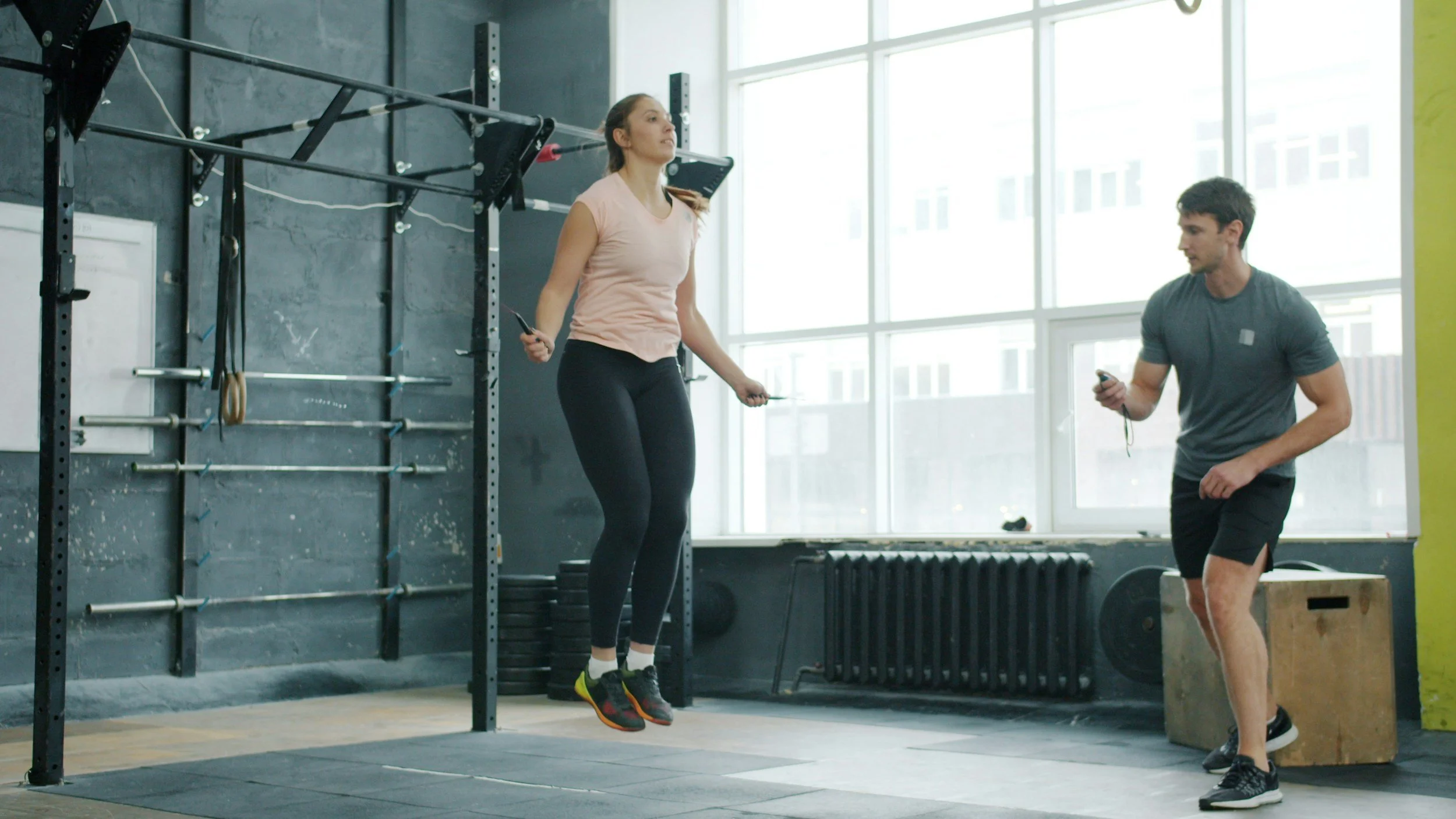
Why Recovery Determines Whether January Training Sticks
Why Recovery Determines Whether January Training Sticks explores how sleep, fueling, deloads, and life stress determine whether your training actually leads to progress. Learn the signs recovery is under-supported, why adaptation requires rest, and how smarter recovery helps active adults train consistently—without burnout or injury.
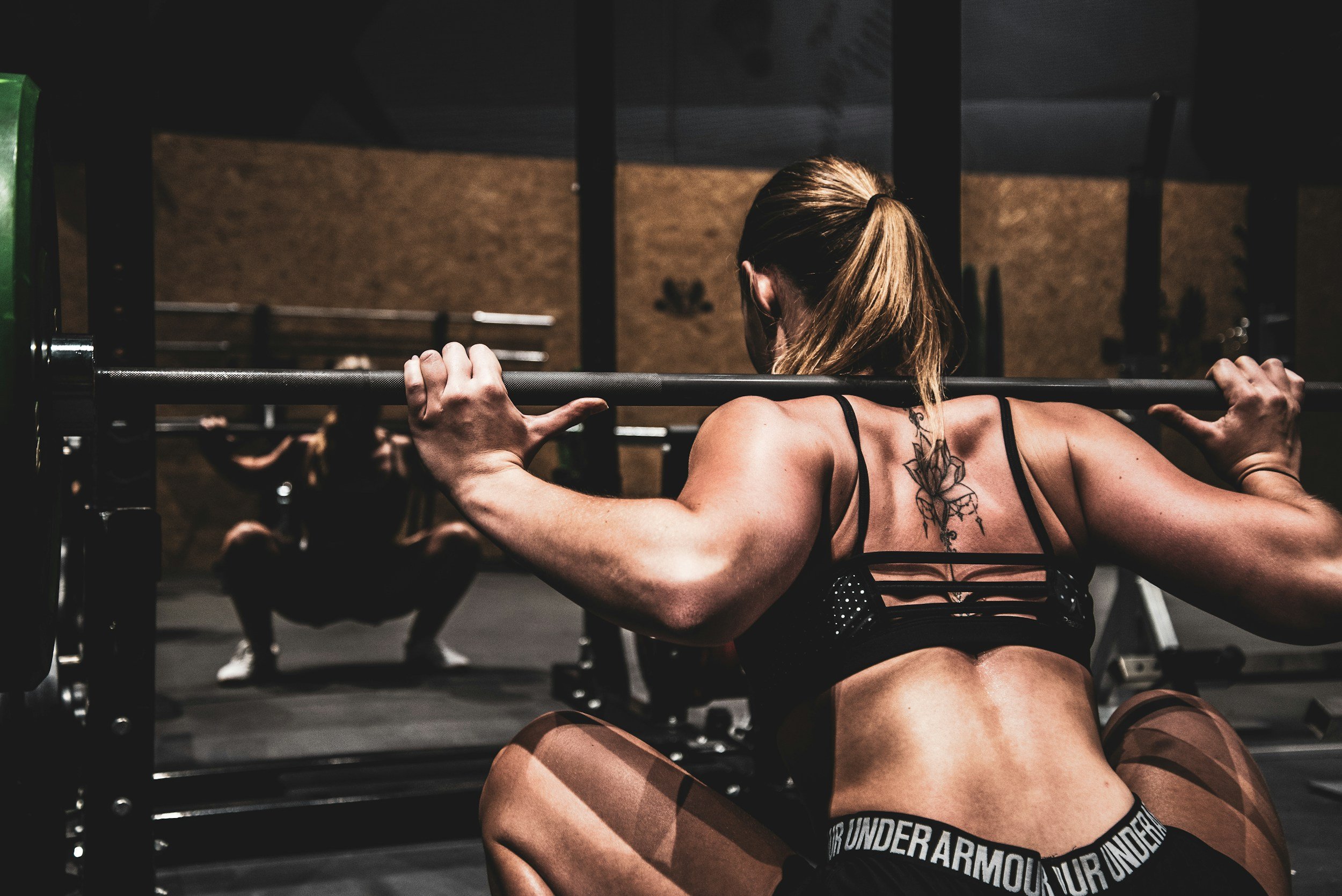
The Difference Between Impressive Training and Smart Training
Impressive training gets attention. Smart training gets results.
Here’s how to tell the difference between loud workouts and intelligent programming—and how to course-correct early so training builds momentum instead of burnout.
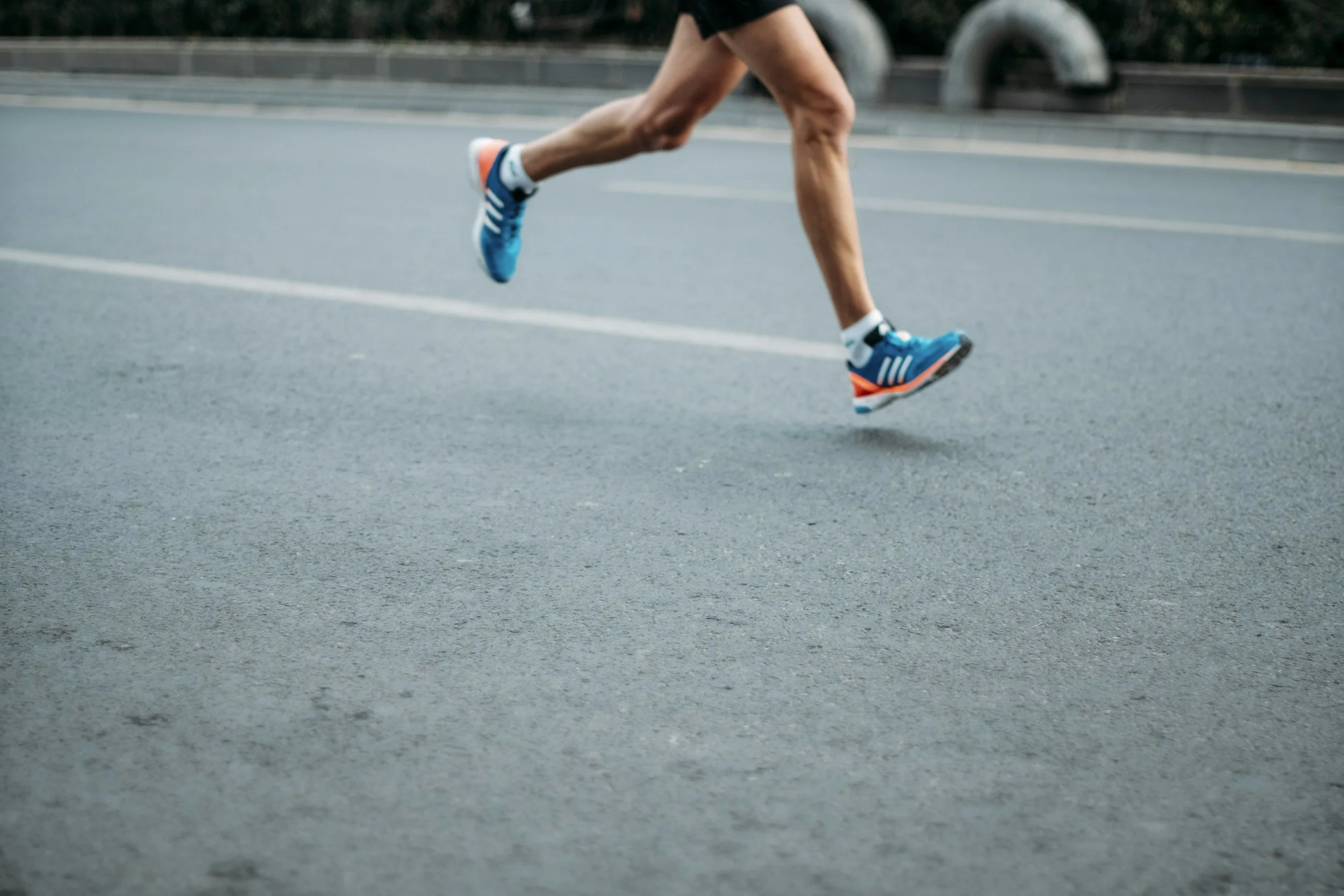
How to Start Training in January Without Setting Yourself Back
January brings fresh motivation and just as many injuries.
Every year, athletes and active adults jump back into training with big goals, only to end up dealing with pain, burnout, or setbacks by February. The issue isn’t motivation…it’s starting too fast without a plan that matches your body’s current capacity.
Here’s how to start training in January without setting yourself back, so you can build strength, consistency, and momentum that actually lasts.
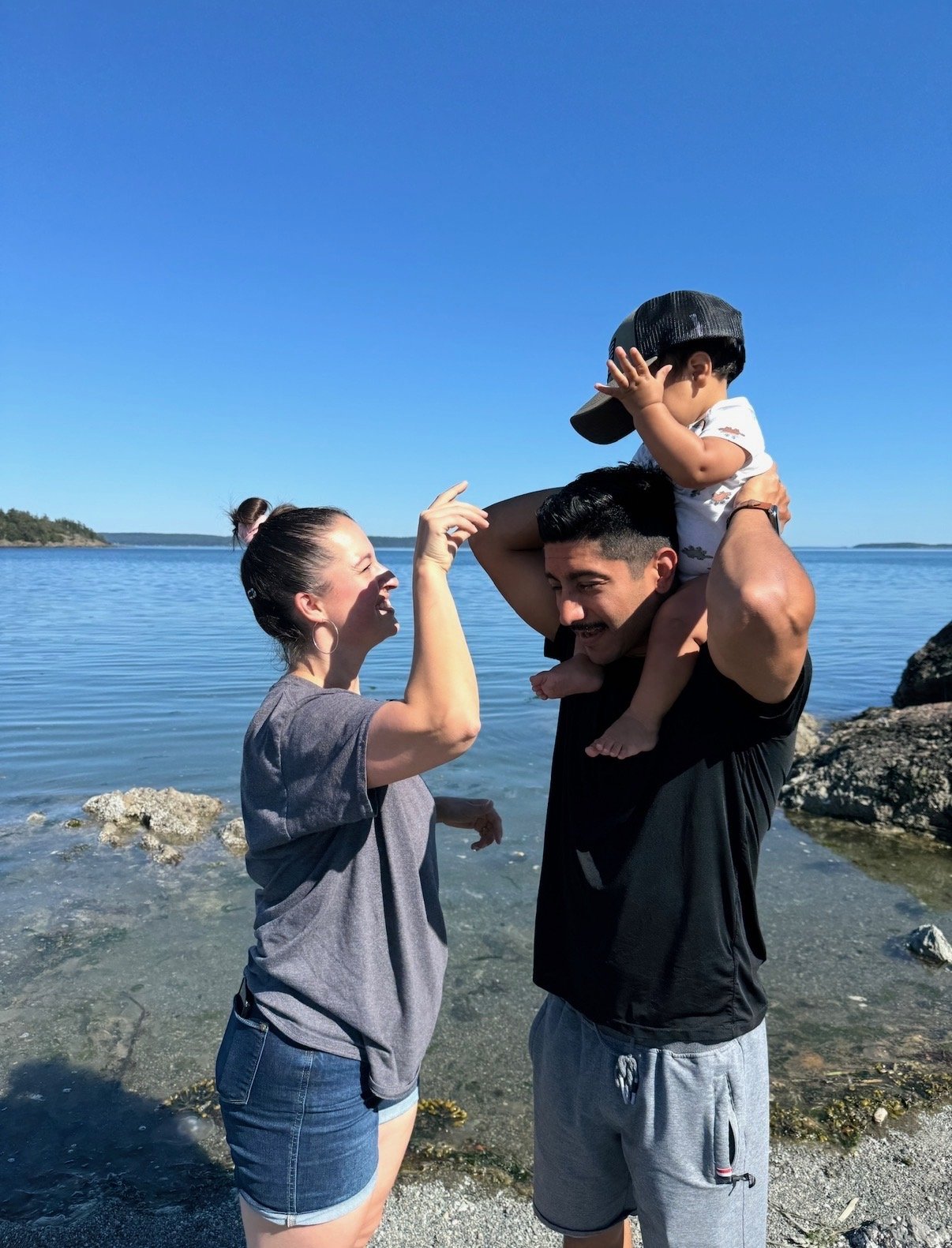
Permission to Evolve: Outgrowing Old Versions of Yourself
Outgrowing old goals isn’t failure — it’s growth. This reflective post explores how health, strength, and priorities naturally evolve over time, and why adapting your training and self-care is a sign of resilience, not weakness. If your body or life is asking for something different, this is your permission to listen.

The Recovery Trap: Why Rest Isn’t Always the Answer
Stuck in the rest–flare-up–repeat cycle? This week’s blog breaks down why undertraining can backfire and how active recovery keeps you moving, performing, and progressing.

Harnessing the Power Of Your Breath: How Better Breathing Improves Rehab, Performance, Health, & Recovery
Breathwork refers to intentional breathing techniques that help you improve diaphragm function, oxygen delivery, CO₂ tolerance, and nervous system regulation. Research shows that improving these factors can enhance physical performance, reduce injury risk, improve metabolic health, and speed recovery.
This blog will break down why breathwork matters, how it impacts your body, and simple breathwork exercises you can start using today—especially if you’re an adult athlete juggling training, work, and parenting.

What is a Physical Therapist & Why Empowered Athletics PT Does It Differently
If you ask ten people what a physical therapist does, you’ll probably get ten slightly different answers. So today, I want to set the record straight:
What exactly is a physical therapist?
Because understanding this helps you make informed choices about your care and helps you know exactly where to go when you want to recover from injury, improve performance, and stay in the game for life.

The Pros & Cons of Wearable Fitness Trackers: Can They Really Improve Health, Rehab, & Recovery?
As a physical therapist and strength coach, I see both the incredible potential and the pitfalls of wearable tech. In this post, I’ll break down how wearables can be used to enhance health, rehab, and recovery, what to watch out for, and how I’ve personally been using the Whoop tracker as part of my own ongoing health journey.

When Strength Feels Out of Reach: The Challenges of Returning to High Performance Postpartum
One of the biggest misconceptions about postpartum recovery is the idea that we should bounce back quickly, seamlessly, and on someone else’s timeline.
The truth is, every pregnancy and birth story is different. Every body carries differently, adapts differently, and heals differently.
Some moms feel ready to move within weeks; others are still rebuilding foundational stability months later. Neither path is wrong, both are normal.

Advocating For Yourself: A Skill Every Athlete (And Human) Needs to Practice
When it comes to playing sports—or simply existing in a body that moves, aches, and strives—one of the most important skills you can develop isn’t a physical one. It’s self-advocacy.
Self-advocacy is the ability to speak up for yourself: to ask questions, to push back when something doesn’t sit right, to choose what’s best for you, even when it’s inconvenient, uncomfortable, or not what others expect.

The Myth Of Quick Fixes: Why Real Change Takes Time (And How To Stay The Course)
When it comes to your body, whether you’re recovering from pain, rebuilding strength, or chasing a new performance goal, real change doesn’t come from a quick fix. It comes from understanding what’s really going on and doing the slow, steady work to change it.

What To Do When Motivation Dips
No matter how driven, disciplined, or passionate you are, motivation will ebb and flow.
Every athlete—whether you’re a high schooler chasing a PR or an adult trying to stay consistent through the chaos of life—hits stretches where the spark fades. The question isn’t if motivation will dip, but what you do when it does.

Confidence: The Missing Ingredient In Most Athlete Training Programs (And Why It Starts In Rehab)
You can spot it from a mile away—the athlete who moves with confidence.
They might not be the biggest or fastest, but they carry themselves differently. They trust their body. They don’t hesitate. They believe they can handle whatever’s coming next.
That kind of confidence doesn’t happen by accident. And it’s the one thing missing in most training programs.

Recovery: The Secret Weapon Most Adult Athletes Ignore
Recovery doesn’t mean slowing down. It means making sure your body and mind have enough left to crush your workouts and enjoy the rest of your life.
If you want longevity in sport and energy for your work, family, and everything in between, recovery isn’t optional — it’s your secret weapon.

Recovery: The Secret Weapon Most Youth Athletes Ignore
Youth sports performance isn’t just about working harder — it’s about working smarter. Recovery is the secret weapon that keeps athletes strong, resilient, and ready to play their best.

Why Stronger Athletes Get Hurt Less
Nothing is tougher than watching your athlete sidelined by an injury that could have been prevented. Here’s the truth: practices and games aren’t enough. If your athlete wants to stay healthy, play at their best, and truly enjoy their sport, strength training has to be part of the equation.

5 Red Flags in ACL Rehab
It’s important to do ACL rehab right (the first time). I hear a lot of “I wish I had known better the first time around” from athletes I work with and their parents, so my goal is to spread the education of how to lower risks of sustaining ACL injuries and what quality ACL rehab for an athlete looks like.

Are You Eating Enough? 5 Signs an Athlete is Underfueling
The importance of eating enough and 5 signs an athlete is underfueling.

Why the Quadriceps are Queen in ACL Rehab
If I had to say what our top priority is during rehab after ACL reconstruction and where most rehab journeys fall short, it’s in addressing and strengthening the quadriceps.
